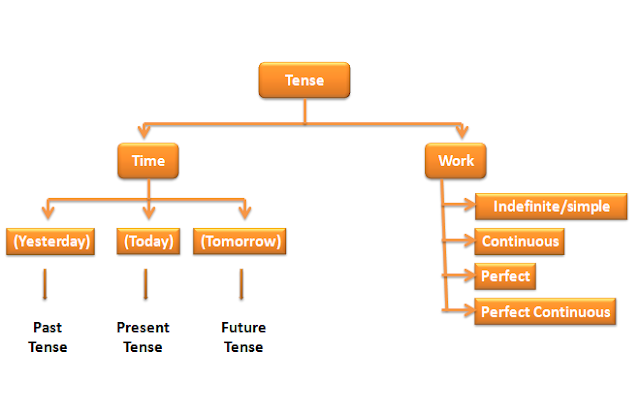Exercise 4 wh -words sentence(present simple)
Wh-words sentence present simple tense Fill in the blanks with the correct form of the verb given in brackets. 1. When ..............you ........(get up/got up)? 2. How ........the cook live? ( do /does ) 3. Why ........you .........(go) to the office everyday? 4. Which newspaper.............he read? ( do/does ) 5. Which book ............she ...........(need) now? 6. Who ........... (Want) failures in life? 7. Whom ..................you want to meet? ( do/does) 8. Where ................Sita live? (do /does) 9. What do you ........ ....(play/plays)? 10.Who..........(make/makes) a table?
